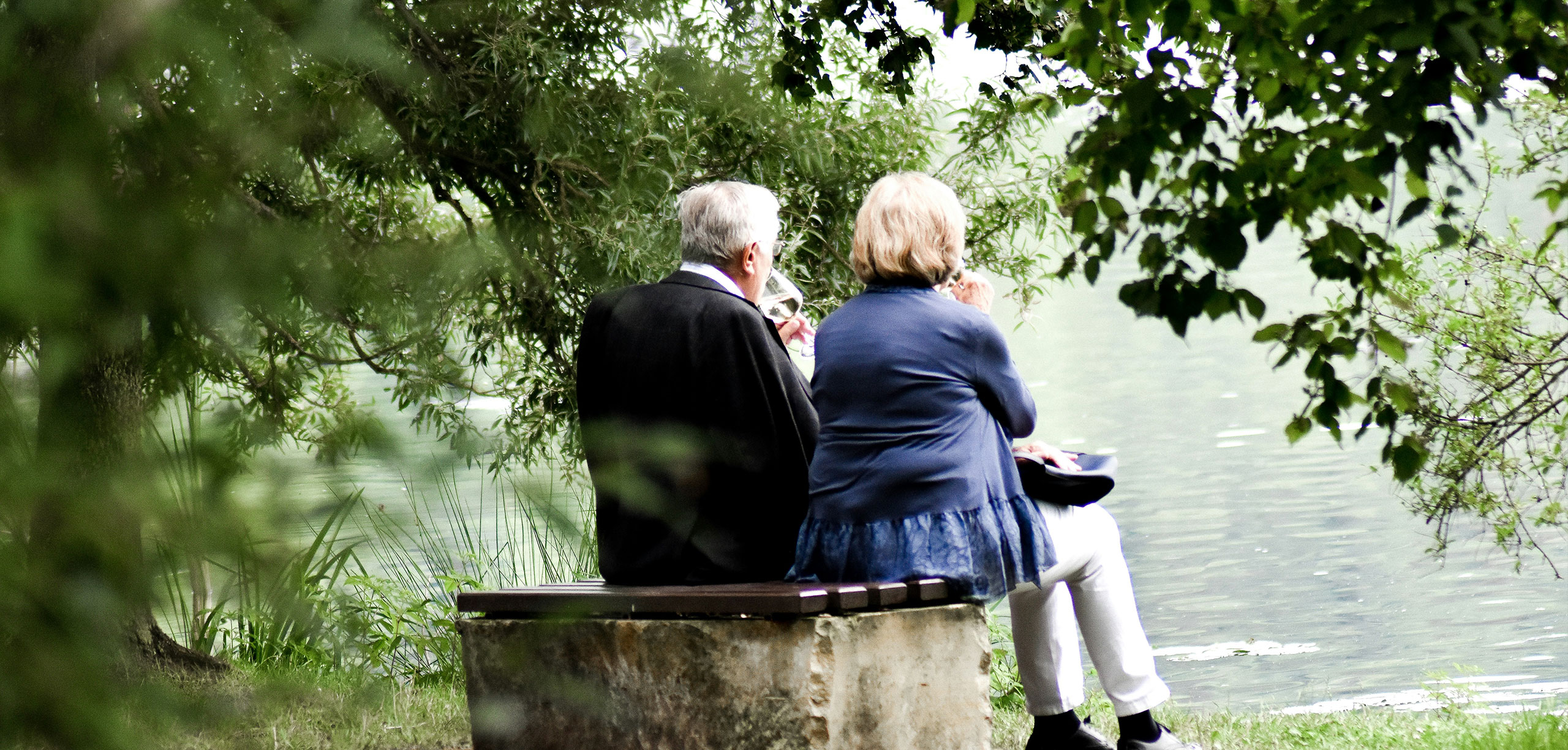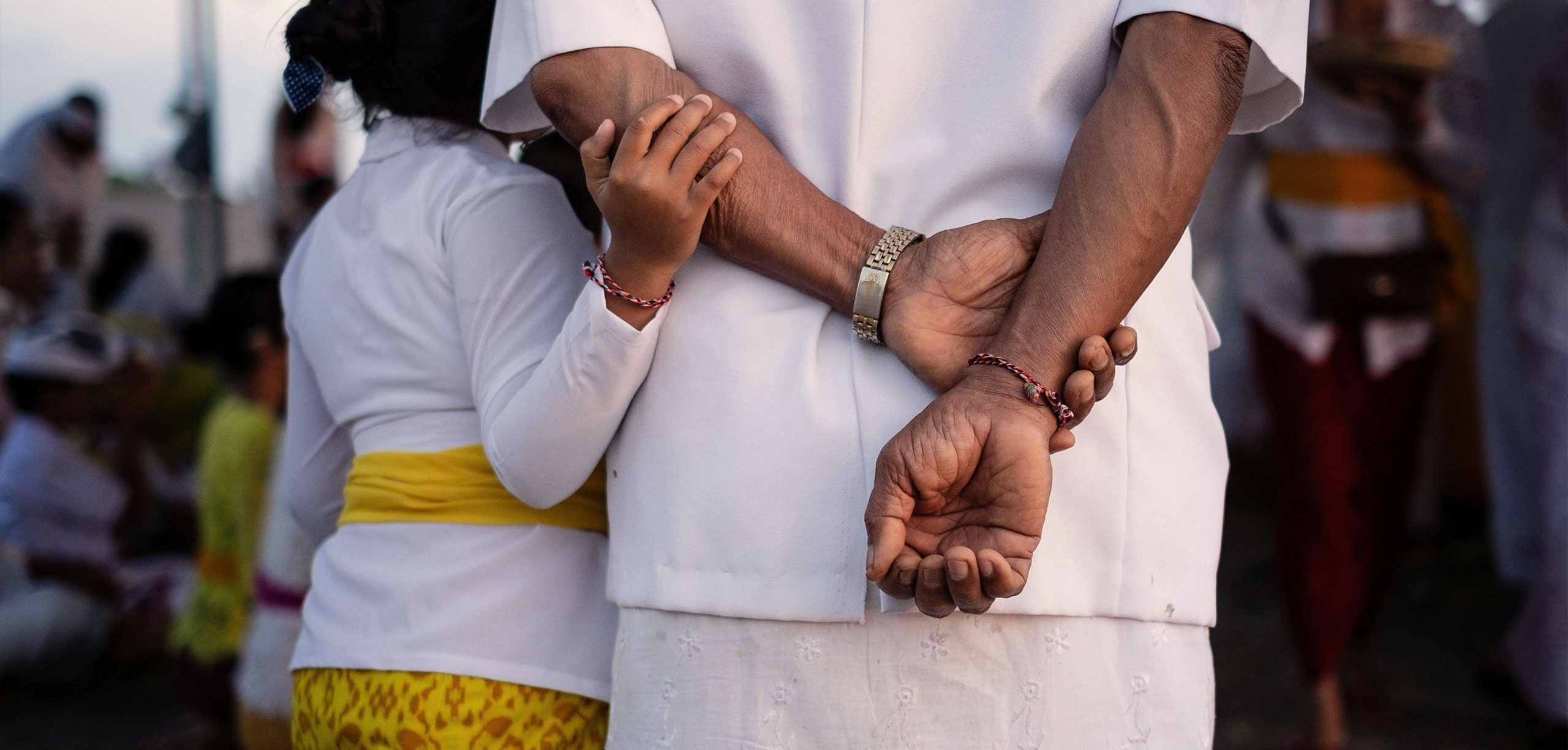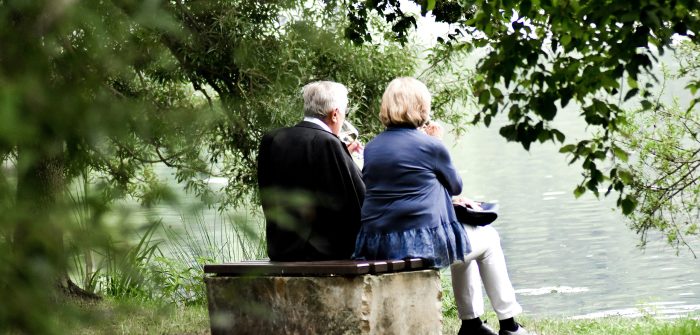Your choices when planning a funeral service

Saying goodbye to someone you love is never easy, but planning a meaningful funeral service can provide comfort during an incredibly difficult time. It’s a chance to reflect, to grieve together, and to honour the life of the person who has passed. While the process may feel overwhelming, there are many options available in Australia to ensure the service reflects your values, beliefs and personal wishes.

Choosing the type of service
Funeral services can be as traditional or as personal as you wish. Some families find comfort in holding a service that follows longstanding customs, while others prefer to do things differently, perhaps to reflect the unique personality of the person who has died.
Traditional funerals often include a church or chapel service, followed by a burial or cremation. But there are other formats to consider. Some people choose a direct cremation, with no ceremony at all, followed later by a memorial service. Others prefer a graveside service, a simple burial, or a service in a place that held special meaning for their loved one.
A memorial service, for instance, does not include the body in a casket. It may take place weeks or even months after the person has been cremated or buried, giving friends and family more time to travel and be involved.
Religious and cultural traditions
Australia is home to many cultures and faiths, and most funeral directors are experienced in supporting a wide range of religious and cultural practices. If particular rituals are important to your family, it’s worth asking your funeral director how they can be incorporated. Many providers will work with you to ensure traditions are honoured respectfully and legally.
When to hold the funeral
There is no set timeframe for when a funeral must be held, though for some people, religious customs will influence this decision. Others may choose to wait until family and friends can travel. Thanks to modern embalming techniques, it’s now more feasible to delay the funeral by a week or so if needed, giving everyone time to prepare and gather.

When to hold the funeral
There is no set timeframe for when a funeral must be held, though for some people, religious customs will influence this decision. Others may choose to wait until family and friends can travel. Thanks to modern embalming techniques, it’s now more feasible to delay the funeral by a week or so if needed, giving everyone time to prepare and gather.
Involving a Funeral Director
Your funeral director can help guide you through every step of the planning process. Don’t hesitate to share your thoughts or ideas, whether they’re practical, sentimental or slightly unusual. Most directors will do their best to accommodate your wishes and can suggest ways to personalise the service, such as choosing meaningful music, readings or rituals.
They can also help organise viewings, if desired. This gives family and friends a private opportunity to say goodbye, either at the funeral home or at home. While not for everyone, many people find viewings helpful as they come to terms with the loss.
Who can lead the service?
The person leading the service plays an important role in making sure everything runs smoothly. While most people choose to use the services of their funeral directors’ professional celebrant, you could choose a member of the clergy or a layperson from your faith community. If you’re unsure, speak to your funeral director.
It’s important to feel at ease with the person you choose. Funerals are deeply personal, and you’ll want someone who can represent your loved one’s life with care and dignity.

Selecting a venue
The venue you choose should be a place that feels right. It might be a chapel, a church, a park, a beach or even your own backyard. What matters is that it suits your needs and those of the people attending. Consider things like seating, accessibility, weather and parking when making your decision.
Just ensure the location is respectful and doesn’t create disruption or cause offence in a public space.
Including those who can’t attend
In our increasingly connected world, many funeral directors now offer live streaming services. This allows loved ones who can’t be there in person due to distance, illness or other reasons – to take part in the ceremony online.
Yes, pets can be part of the service too
For some, pets are more than companions, they’re part of the family. If your loved one shared a special bond with a pet, it may feel important for the animal to be present. Some funeral homes offer pet-friendly services, recognising the comfort that pets can bring, both in life and after loss.
Contact Us
Not sure where to begin?
There’s no ‘right’ way to plan a funeral. What matters most is that it reflects the life, values and spirit of the person you’re remembering. Whether simple or elaborate, formal or relaxed, a thoughtfully planned service can help bring healing, connection and a sense of peace to everyone involved.
If you’re unsure where to begin, start by speaking with a trusted funeral director. They’ll walk you through your options, answer your questions and support you in creating a farewell that feels right for your family.













